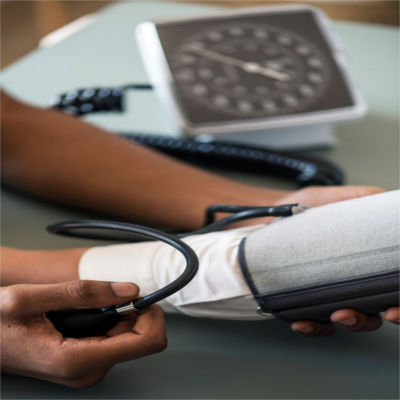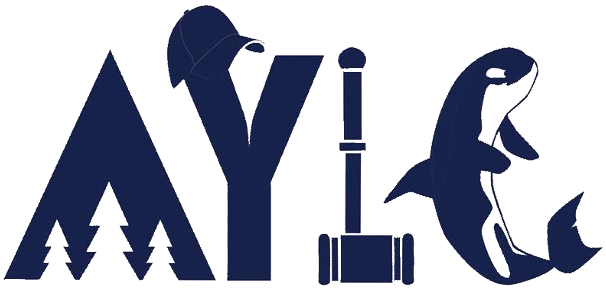Seeking Medical Help for Overdose
Seeking Medical Help for Overdose

If I try to get medical help or help from the police for a friend suffering a drug overdose, could I be charged with a drug crime if the police find out I’ve been using illegal drugs?
No, not if evidence of your drug use is discovered only because you tried in good faith to get help for the person overdosing. Good faith means that the reason you called medical providers or the police was to get help for someone else, and not to avoid criminal charges for your own drug use. Overdose means someone is suffering a life-threatening emergency caused by illegal use of a drug. However, these immunity protections only apply to charges of possession of controlled substances. They do not apply to charges of manufacturing or distribution. In addition, the protections only apply to evidence obtained by the police as a result of the person seeking medical or law enforcement assistance.
In order to avoid being charged with a drug crime in this situation, you must:
- (1) remain with the person suffering an overdose until medical help or the police arrive, and
- (2) cooperate with the police or medical personnel who arrive, and
- (3) provide your identification.
If I suffer an overdose while using illegal drugs and try to get medical help, could I be charged with a drug crime?
No, not if evidence of your drug use is discovered only because you tried to get medical help. In this situation, overdose means that you are suffering a life-threatening emergency caused by illegal use of a drug. Again however, these immunity protections only apply to charges of possession of controlled substances. They do not apply to charges of manufacturing or distribution. And again, the protections only apply to charges based on evidence obtained by the police as a result of your efforts to get medical or law enforcement assistance.
Is there medication I can get to help myself or someone else recover from a Heroin or other opioid drug overdose? Can a pharmacist give me medication that I can use to reverse an overdose?
Yes. In Alaska, pharmacists who have the proper training may prescribe a drug to reverse opioid drug overdoses to someone who is at risk of suffering an opioid overdose. They can also prescribe it for a family member, friend, caregiver, or other person who may be in a position to help a person at risk of opioid overdose.
Can I be sued if I give a medication to someone else to stop an overdose and they become more ill or die?
No, as long as you are reasonable in thinking that the person is experiencing an overdose emergency from the use of heroin or other opioid drugs and needs the medication, and you are reasonably careful in giving them the drug you will not be held responsible You can only be sued if you intended to harm the person or acted with gross negligence or recklessness. Gross negligence or reckless would be acting in a way that is extremely different from how an ordinarily careful person would behave. An ordinary mistake would not make you responsible.
What drugs are considered opioids?
Opioids are opium and drugs made from opium, such as Heroin.



